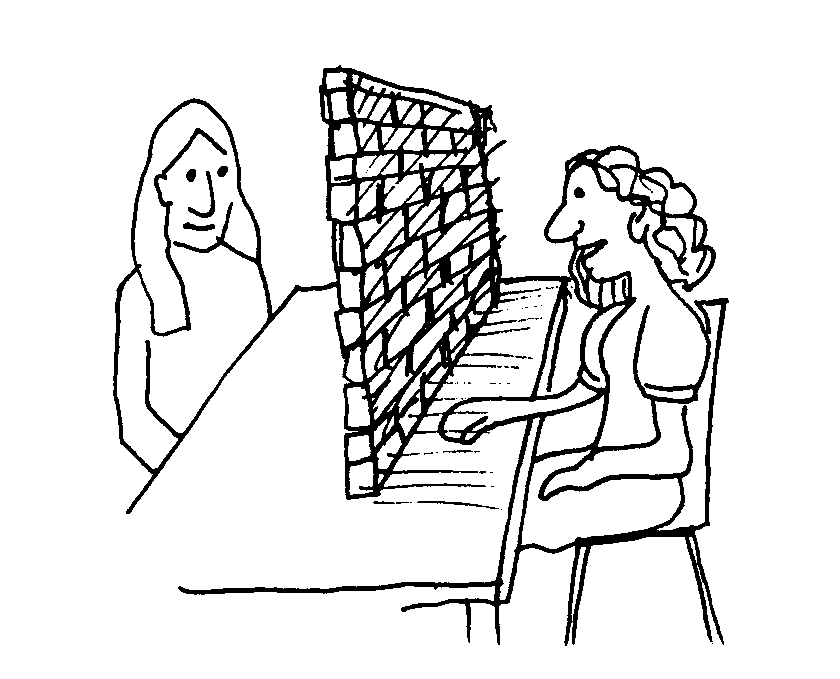
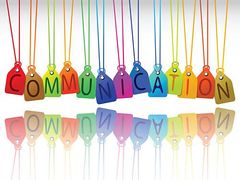
Example of ONE-WAY COMMUNICATION without the reflective process of words from listening. It creates ineffective communication as if with an imaginary fence or wall between both speaking parties. Hence, a well-trained interpreter should not interpret word to word without the meaning of the message, it often leads to a lack of understanding.
Example of reflective TWO-WAY COMMUNICATION, each word is reflecting and verifying one another. Hence, it is a preferable way of communication resulting in better understanding. Interpreters should always allow a split second to self-check the meaning of the words before interpreting the message from a speaker.
Let's explore the meaning of communication. It leads to proper understanding, sometimes on a deeper level, depending upon the circumstances. To have really effective interpersonal communication, you need to make use of a set of skills and knowledge and reevaluate these and update your communication skills from time to time. Effective interpersonal communication encompasses two major categories; verbal communication and non-verbal communication. Last but not least, an excellent listening skill is a bonus to effective interpersonal communication.
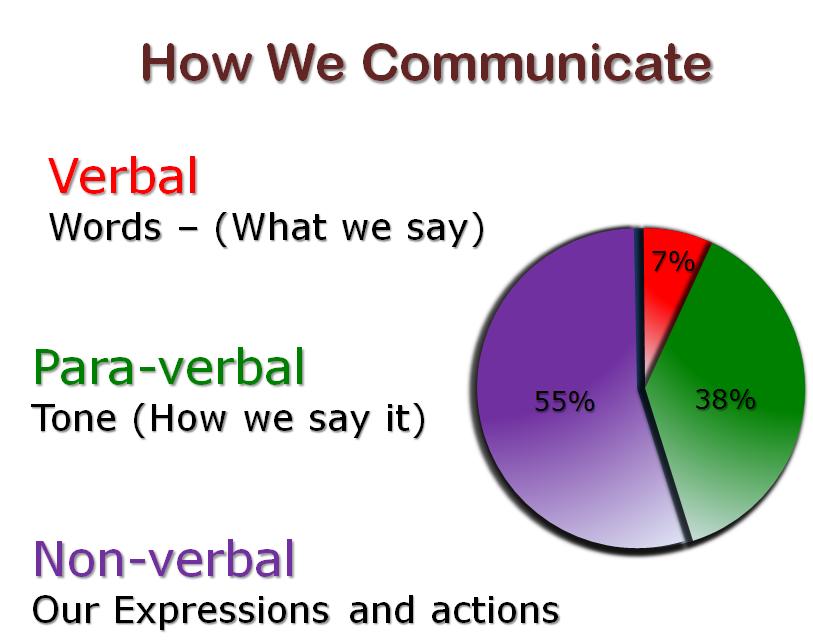
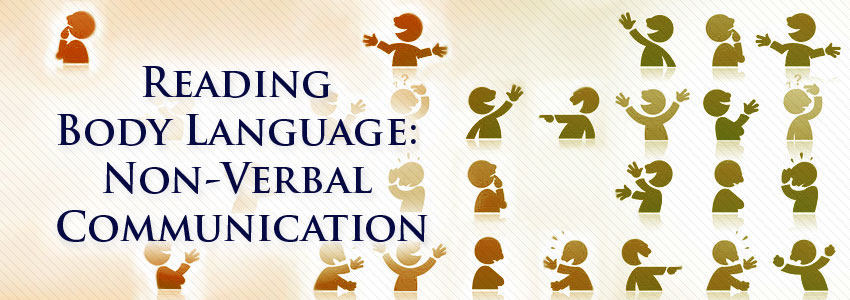
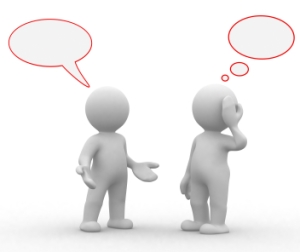
Non-verbal communication is a crucial part of effective interpersonal communication.
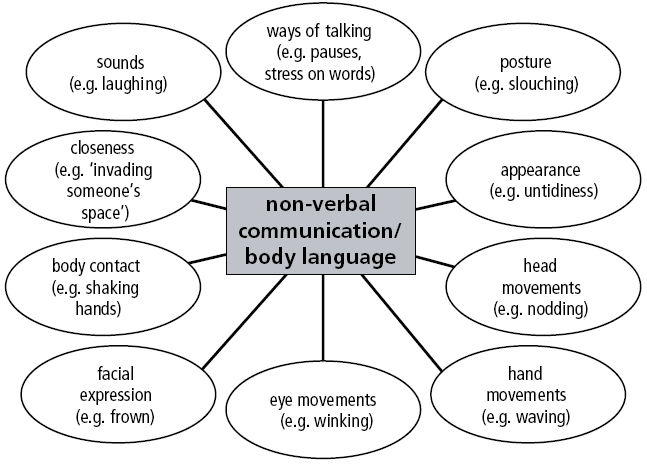
Non-verbal cues are essential to establish a baseline of communication. Body language and facial expression often leaves a stronger impression than verbal communication to listeners. Please be alert and mindful to your non-verbal communication during an interpretation encounter.

Verbal communication is by far the most useful and direct interpersonal communication.
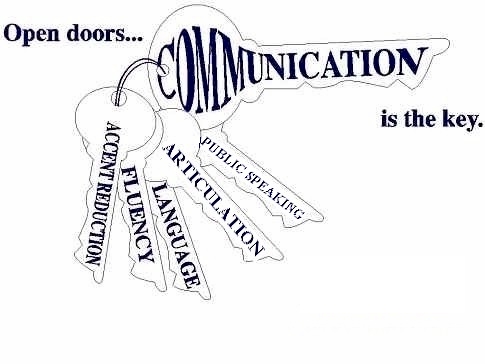

Verbal communication involves speaking, the use of words and sounds. It can be done directly or through the telephone. It can also be further divided into interpersonal communication and public speaking. For verbal communication to be seen as an effective communication method, the speaker must be fluent and the information must be easy to understand.
Components of Effective Communication:
- Encoding: the internal processing of the information or thought to be communicated by the sender
- Decoding: interpreting the intended meaning of the information by the recipient

Communication can never be effective if the recipient is not participating actively. Communication can only be done between two or more parties!
Active listening is where you make a conscious effort to hear not only the words that another person is saying but, more importantly, try to understand the complete message being sent. The way to become a better listener is to practice this.
In order to do this you must pay attention to the other person very carefully. You cannot allow yourself to become distracted by whatever else may be going on around you, or by forming counter arguments that you'll make when the other person stops speaking. Nor can you allow yourself to get bored, and lose focus on what the other person is saying. All of these contribute to a lack of listening and understanding. It takes a lot of concentration and determination to be an active listener. Old habits are hard to break, and if your listening habits are as bad as many people's are, then there's a lot of habit-breaking to do!
- Be deliberate with your listening
- Remind yourself frequently that your goal is to truly hear what the other person is saying
- Set aside all other thoughts and behaviors and concentrate on the message
- Ask questions, reflect, and paraphrase to ensure you understand the message. If you don't, then you'll find that what someone says to you and what you hear can be amazingly different!
Communication is the core of all interactions. Without effective communication, relationships will break, conflicts will arise, businesses will fail and the world will be a scary place! Attentive listening is a good tool that you develop in life and it often takes practice to perfect it!
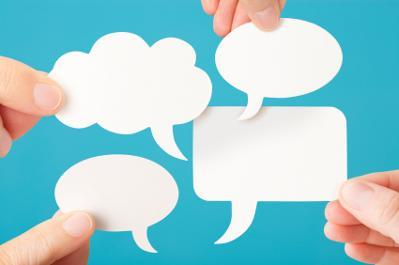

Thank you for visiting our website. This is a complementary training workshop for improving communication skills presented by Language Circle of California, Inc..
We hope you find it practical in gaining a glimpse of competent and effective interpersonal communication from the information given above. Language is a connection between all of us. No one should be left out because of language and cultural barriers. Language Circle of California Inc. supports Limited-English-Speaking individuals by bridging the communication gap and bringing dignity back to the vulnerable individuals due to a deficiency in English.
Please support us in spreading hope and support to our local communities!
Translate This Page